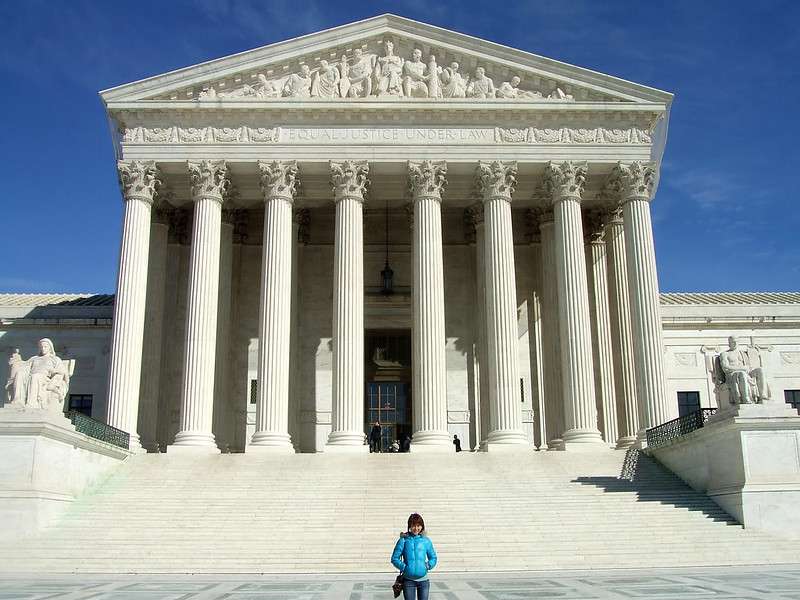
Small Business Owners Testify to Damage Caused by South Dakota v. Wayfair
By: Henry Rademacher
On Tuesday, March 3, the House Small Business Subcommittee on Economic Growth, Tax and Capital Access held a hearing on the effects South Dakota v. Wayfair, Inc. has had on small businesses. The controversial 2018 Supreme Court ruling gave states a green light to tax out-of-state vendors regardless of whether or not they have a physical presence in the state issuing the tax.
At Tuesday’s hearing, three small business owners were present discuss how South Dakota v. Wayfair has affected their business: Linda Lester, Vice President of K-Log, Inc., Kevin Mahoney, President and Founder of FindTape.com, and Brad Scott, Financial Director of Halstead Bead, Inc.
Jamie Yesnowitz of Grant Thornton, LLP was also present to testify on behalf of the American Institute of Certified Public Accountants (AICPA).
Mr. Yesnowitz expressed concern that South Dakota v. Wayfair has created an alarming lack of consistency regarding what taxes are imposed on what businesses. According to Mr. Yesnowitz, “If left unchecked, the lack of uniformity in which the states have reacted could impair small business growth, result in a loss in productivity, and hamper their accountants’ ability to efficiently and effectively serve them.”
According to Linda Lester, whose business sells furniture and office supplies, “My struggle is with the chaotic manner in which remote sales tax has been mandated as well as the expense in time, money, and energy these mandates have imposed.” Because South Dakota v. Wayfair did not establish any national standard for remote sales taxes, businesses are now faced with a plethora of different taxes depending on how many states they do business in. This forces businesses to spend time and money making sure they are in compliance with more than 40 different versions of the same tax.
“It has taken us a year to comply and resister in 42 states even though the majority of our sales are tax exempt. I estimate that we have spent well over 15,000 hours so far at the cost of over $75,000,” said Lester.
Brad Scott, whose business primarily sells jewelry making supplies, told a similar story as Ms. Lester. He said that, “We have diverted more than 3,800 hours away from our business operations to act as unpaid, surrogate staff to 30 departments of revenue where we are currently filing.” He added, “To date, our small business has spent more than $183,000 to collect less than $80,000 in sales tax, breaking that down, we are spending $2.31 for every dollar we collect.”
The testimony from Tuesday’s hearing was consistent with what small business owners have been saying about South Dakota v. Wayfair for the past two years: it creates complicated and budensome compliance costs, then forces businesses to divert their time and money towards dealing with those costs.
The Congressmen who were present for the hearing mentioned hearing similar complaints from small business owners in their districts. Andy Kim (D-NJ) is one of the most progressive members of Congress, but he expressed serious concerns with the way South Dakota v. Wayfair has impacted small businesses in his district.
According to Representative Kim, “The landscape post-wayfare is that millions of small businesses are unfairly faced with overwhelming and expensive compliance burdens.” He added, “Small business owners should not be the collection arm for thousands of taxing jurisdictions. Small businesses simply do not have the time and the resources to do so.”
Photo credit: JoshBerglund19 (flickr)